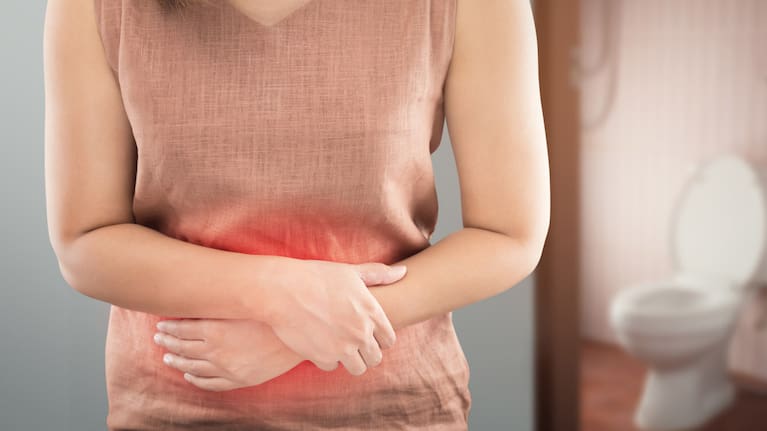As Queenstown grapples with an outbreak of cryptosporidiosis, we explain the bug's spread, symptoms and treatments.
Why are we even talking about cryptosporidiosis?
Queenstown and Frankton residents are currently under a boil water notice after a spate of cases of the illness.
Initially, eight cases of cryptosporidiosis were identified on Monday, but that number has since climbed to at least 18. Others in the area have reported feeling unwell with a gastro-like illness before the boil water notice came into effect.
The source of the outbreak in Queenstown is yet to be identified.
So, what is cryptosporidiosis?
"Crypto" is a nasty business.
It's a parasitic illness that can cause watery diarrhoea and stomach cramps. Symptoms can also include vomiting, nausea, fever and fatigue.
The disease is caused by the protozoa cryptosporidium, a parasite that can be found in the gut of animals like cows, sheep, cats, dogs — and humans.
Cryptosporidium is widespread in Aotearoa and can live in environments like lakes, rivers and streams for a long time.
Otago University parasitologist Bruce Russell told Breakfast cryptosporidium is a "really tough" parasite for authorities to deal with if it's in the water supply.
"Chlorine is usually used to treat bacteria in the water, but it doesn't affect these parasites. You need to treat the water with UV and filtration."
How does cryptosporidiosis spread?
You get cryptosporidiosis by swallowing the cryptosporidium parasites, either by eating or drinking contaminated food and water, or through contact with infected animals or people.
Symptoms usually appear seven days after infection, but can begin anywhere from two to 14 days after swallowing the parasite.
Some people with the disease may not have symptoms but they can still spread cryptosporidiosis through their faeces.
Those who do have symptoms can still pass the parasite on even when they’re feeling well again, sometimes for several weeks post-infection.
How do you know if you have the illness?
A doctor can arrange for faecal testing, which will confirm if you have it.
Cryptosporidiosis is a notifiable disease, which means your doctor will tell the Medical Officer of Health of the Public Health Service that you have it.
What treatments are there for cryptosporidiosis?
There is no effective treatment of the illness, but you can try and mitigate the symptoms.
Those infected should drink lots of safe fluids to prevent dehydration.
If a child has cryptosporidiosis, you should seek medical advice if they appear drowsy, can't drink fluids or keep them down, if there is blood in their vomit or faeces, or if they have severe tummy pain.
How do you prevent the spread of the illness?
As well as following any boil water notices that are in place, people can help stop the spread of cryptosporidiosis by:
- Washing hands thoroughly with soap (and also drying them thoroughly), especially before preparing food, and after going to the toilet or changing a child's nappy
- Avoiding preparing food for others if you have cryptosporidiosis
- Avoiding using things like swimming pools or hot tubs for at least two weeks after symptoms stop
- Avoiding visiting people in hospitals or other care facilities for at least 48 hours after symptoms stop.
You should check with your doctor about when you can return to school or work after having cryptosporidiosis.





















SHARE ME